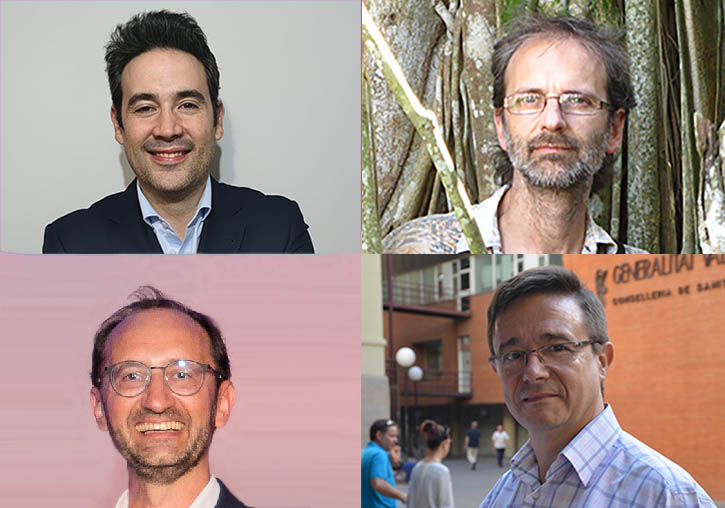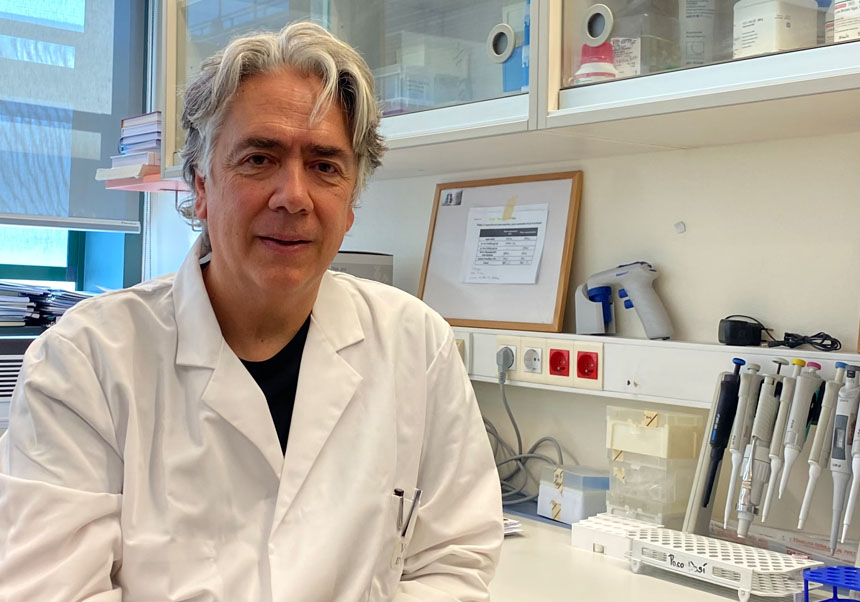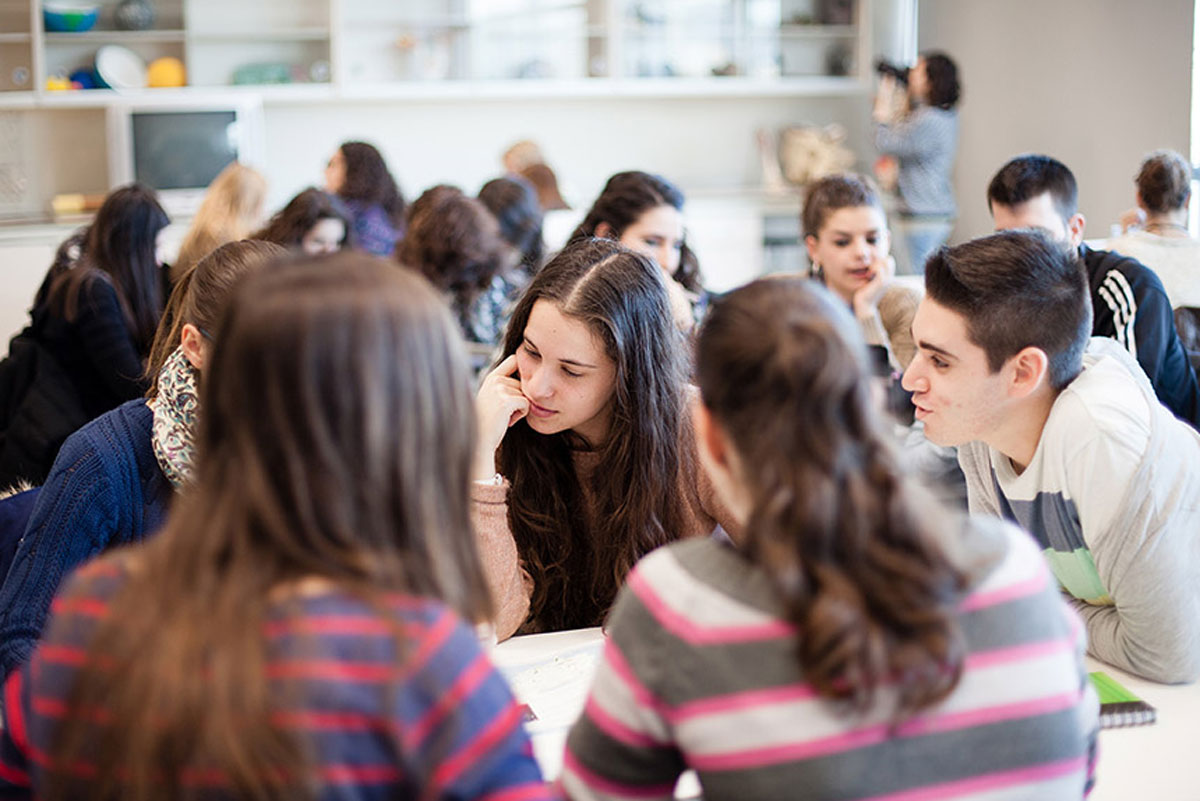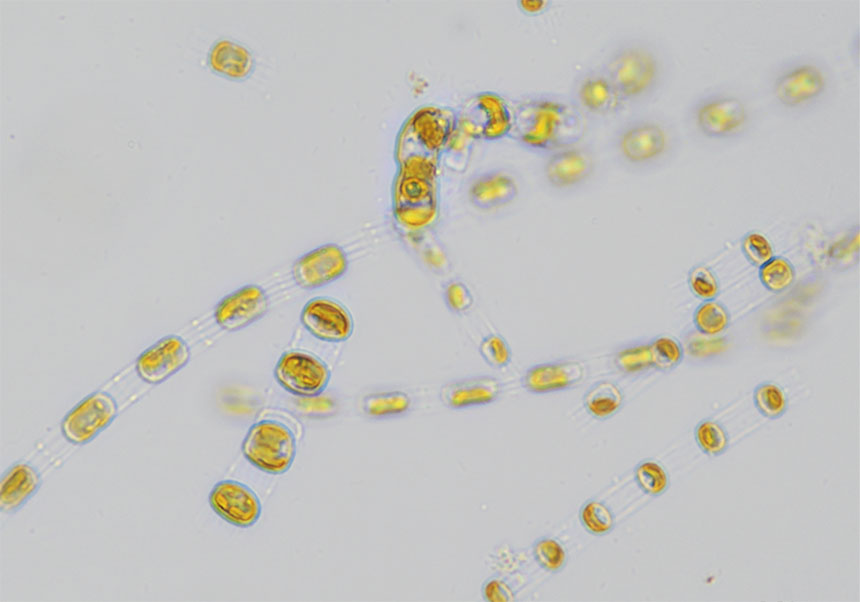Four scientists of the Universitat de València, in the global elite for the number of citations in their articles.
- Scientific Culture and Innovation Unit
- November 16th, 2022

Gustau Camps-Valls, Francisco J. Barba, Andrés Cervantes and Juli G. Pausas, researchers of the Universitat de València (UV), appear on the Highly Cited Researchers (HCR) of this year, a ranking with the global scientific elite when it comes to the number of citations in their research works, according to the supplier of bibliometric data Clarivate Analytics.
In this way, Camps-Valls stands out in Geosciences; Barba, in Agricultural Science; Cervantes, in Clinical Medicine; and Pausas (scientific of the CSIC and of the Universitat de València as a second affiliation, in the Desertification Research Centre), has a multidisciplinary impact.
Highly Cited Researchers is an annual list that selects the more influential specialists from all over the world for their exceptional researcher performance. It is measured by the production of highly quoted articles that are found in the top 1% in number of citations by field and year in the Web of Science Core Collection. The list gathers their scientific production during the period 2011-2021 in one or more of the 21 used fields.
The list holds around 7.200 researchers in the year 2021, about 4.000 of whom research in specific fields and the rest in multidisciplinary fields. These researcher staff is selected for their outstanding performance in one or more of 21 fields (the ones used in the Essential Science Indicators (ESI), or cutting through several fields (cross-field).
Gustau Camps-Valls is a full university professor of Electronic Engineering of the UV and coordinator of the research group Image and Signal Processing (ISP), https://isp.uv.es/, a group of 50 researchers working on artificial intelligence for the images, signals and data processing. Their contributions are focused on the development of automatic learning algorithms for the remote sensing data analysis, Earth observation and geoscience. He is the author of more than 300 articles in international journals, has coordinated more than 20 international research projects, is chief of a ERC Consolidator Grant project and currently is the director of a Synergy Grant project –also of the European Research Council –for improving the climate models with AI and Earth system data.
Francisco J. Barba is a titular professor of the Department of Preventive Medicine and Public Health, Food Sciences, Toxicology and Forensic Medicine and coordinator of the research group ALISOST “Innovative Technologies for Sustainable Food”. He works on innovative technologies of food processing (high hydrostatic pressure, electrical pulses, ultrasounds, microwaves and supercritical fluid extraction) with the aim of obtaining new technological processes. The vast majority of his works are related with the implementation of these technologies for a better and more sustainable preservation of the nutritional, bioactive, and organoleptic characteristics of the aliments. In addition, it is also useful for assessing the wastes and derivative processed food in a sustainable way. He has published more than 400 scientific articles in high impact journals. Currently, he is one of the coordinators of the program AGROALNEXT “Research Program in Food Processing” at the Comunitat Valenciana level, worth 9 million euros.
Andrés Cervantes is a full university professor of the Department of Medicine of the Universitat de València, head of service of Medical Oncology in the Hospital Clínico Universitario de València and scientific and general director in the Institute for Health Research (INCLIVA). His preferential areas of research are the gastrointestinal cancer and the testing phase and development of new medicines. In INCLIVA it is underlined that he is a clinical researcher of rectal cancer and works on the mesorectal surgery quality assessment. He has participated in the production of international clinical guides and is co-author of international cooperative studies that have changed the clinical practice. He is author of almost 500 articles and of works reviews that have been published in different international journals. In addition, he also is editor of the journal Cancer Treatment Reviews and elected president of ESMO (European Society for Medical Oncology).
Juli G. Pausas works on the Desertification Research Centre (CIDE), a mixed entity of the Universitat de València, of the Superior Council for Scientific Research and of the Generalitat Valenciana, although it appears in the UV as the second affiliation in the Clarivate list. Her research is focused on ecology and the evolution of ecosystems prone to disturbances, especially on the role of the fire in the species evolution and the stock structures, communities and landscapes. Her work has been concentrated specially on Mediterranean ecosystems and savannahs. She has published more than 200 scientific articles and four books on this field. She is currently studying the role of the fire in biodiversity when it comes to different scales of organisation (from the individual scale to the global scale).
List of Highly Cited Researchers 2022: https://clarivate.com/highly-cited-researchers/
















